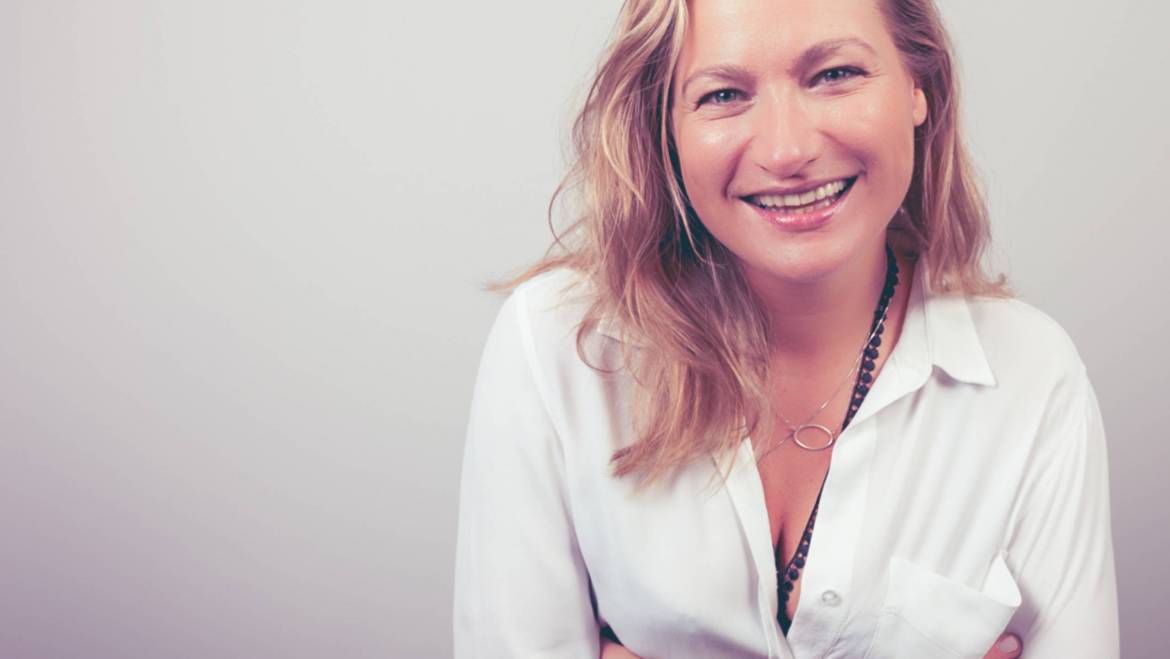MEET THE TEAM – DOROTA MUCHA (FOUNDER OF US IN THERAPY)
What is your favourite thing about being therapist?
I suppose, the invitation I get from people into their life, into their psyche, into the most vulnerable and intimate parts of the self. Every time I meet a new client, it’s like I’ve been given the trust to help them to understand themselves better. The journey we take together is often challenging and bumpy, but also the most rewarding as the destination is awareness. I think awareness is the biggest healer and to help people to increase it is by far my favourite thing about being therapist.
What is the most common/frequent issue people are bringing to therapy?
As a psychosexual and relationship therapist, I work predominantly with couples. Over the years I have seen people struggling with variety of issues, however arguments and lack of intimacy are some of the most frequent presentations. The majority of people want to be wanted, desired and understood. The hope is that the relationship will fulfil those needs organically. However, where there are two (or more) rather vulnerable people in the relationship, each with their own problems, stresses and struggles, it’s easy to overlook our basic needs of closeness and kindness. This can create sense of loneliness, being taken for granted and feeling disposable. That in turn creates resentment towards those, who make us feel this way. When this happens in relationships, intimacy is impacted and we drift apart. The majority of us feel lost in such situations, we fluctuate between blaming self or the other, and we seem to be stuck in unbearable status quo. I’m of a view that dialog is an indispensable way of getting out of this viscous circle. However, in order to communicate it’s not enough to talk, we need to learn how to listen and this often proves harder than we think. We tend to assume, guess and interpret the narrative that fits with our own fantasy. Relationship therapy creates the space where partners start understanding each other again and break free from damaging patterns. I want to believe I can contribute to creating such space.
Is therapy an art or a science?
Such a complex question! I imagine in every great scientist is a bit of an artist. It can manifest in their abstract thinking, their curiosity and bravery to question the world’s existing theories. Equally, imaginative artist needs to understand some science too; for example, the knowledge about certain materials, and how to use them, often requires understanding of some techniques and laws given to us by science. I believe that the therapy is nuanced fusion of the two: the therapist must know the theory well in order to allow themselves to think metaphorically with their clients. I like to think that humans are concreate manifestation of creative symbiosis of the science and art.
What do you do for your own self-care?
Netflix and chill. Seriously. Oh, and the laughter. I have few friends that always deliver belly laugh. Priceless.
What is the book/movie that comforts you?
Any book that takes me into the world of complexity of human relationships, their internal world and their emotional experiences gives me sense of joy and comfort. Identifying with some characters or feeling strongly about others makes me a more authentic person (with dreams, imperfections, happy and sad moments). I love how differently we can experience life and bring different meaning to our existence. By far my favourites are: “Master & Margarita” by Dostoyevsky, “Hopscoth” by Cortazar (this book is intended to be read twice; once -from the beginning to the end, and the second time according to the key, a specific sequence of the chapters given by the author. It creates a completely new narrative!), and lastly “To know a woman” by Oz.
I’ve recently read “This is going to hurt” by Kay as I needed some laughter. Highly recommended for dark humour lovers.
What’s in a joke?
Well, for me it’s a permission to let off some steam. By using humour, I allow myself not take things too seriously all the time, to create a healthy distance from my sense of pride and self-protection. I like nuance in a joke, a quick wit and a bit of absurdity.
Tell us one:
How many psychotherapists does it take to change a light bulb?
-None, the light bulb will change itself when it’s ready.



Add Comment